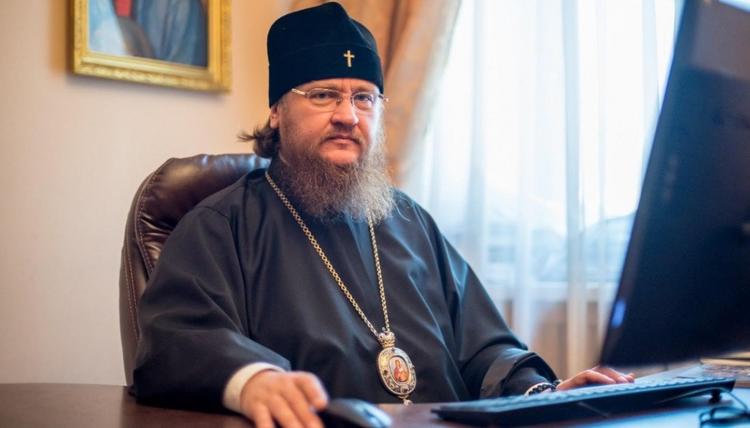The Orthodox Church in America (OCA) has recently published a document entitled “Social Media Guidelines for Clergy and Lay Leaders”.
The document was approved by the Holy Synod of Bishops at their working session on October 24, 2018.
The updated Guidelines are recommended by the Holy Synod for implementation by the Central Church Administration, ministries, dioceses, parishes, clergy, lay leaders, staff and volunteers who work within the institutional, social, and legal environment of the Church.
They should be adapted for use in these various contexts in order to ensure protection for the workers, youth and adults who labor for the Church in these varying circumstances.
The Guidelines set forth social media best practices, guidelines for social media for clergy, and guidelines for social media when dealing with youth.
Among the highlighted elements are the Social Media Code of Conduct for employees and volunteers, important considerations with regard to posting photographs and videos, and recommended image release forms for social media postings.
11 Social Media Guidelines for OCA Clergy
- Clergy are strongly encouraged to set very stringent privacy settings on any social networking profile to shield both adult and youth members from viewing content that may be inappropriate.
- Digital communications are appropriate for communicating basic factual information such as the time of an event, agenda for a meeting, text of a document, etc. but are not appropriate for matters that are pastorally or legally sensitive, emotionally charged or require extensive conversation and explanation.
- Individual personal profiles of clergy are to be used to interact with real friends, family and peers. Clergy should not submit “friend” requests to parishioners and others to whom they minister. The disparity of power respecting clergy may not give the other person the ability to decline such request.
- Clergy are strongly advised not to accept “friend” requests from people with whom they have no prior relationship. “Friends” on social networking sites should be limited to people you have met before in person.
- Clergy who want to connect via a social networking website with parishioners are strongly encouraged to set up a group account that all parishioners may join. The purpose of having a personal profile and parish group is to create a line of privacy and maintain healthy boundaries with parishioners and real family, friends and colleagues.
- Clergy should consider the impact of declining a “friend” request from parishioners. These encounters may create a tension in “real world” relationships. Clergy can direct ‘friend” requests from parishioners to the parish’s group page.
- Clergy who work directly with youth are encouraged to establish church sponsored digital communications groups to maintain contact with youth members.
- Clergy should manage their own profiles, and in the case that they do delegate that work, closely monitor their profiles for potential problematic content.
- Clergy should refrain from making political statements, joining political groups, or “becoming fans” of particular political candidates or political causes on social network sites.
- Clergy, especially new ones, should examine the pictures/videos that are posted of themselves to make sure they are appropriate to share with the general public.
- All transcripts of on-line text chats, video chats, blogs or video blogs should be saved when possible.
The purpose of these Guidelines and forms are not to inhibit the free usage and convenience of the use of social media. Rather they are to protect the Church and the end users from the abuse of these platforms.
If the basic rules for decency, civility and prosperity are exercised, social media can greatly enhance the inter-connectivity of the Church.
However, the users of the social media have a right to transparent, honest, civil interaction.
These policies can only be effective to the extent that they are followed and respected by all in the Church who use social media.
Photo: UOJ






